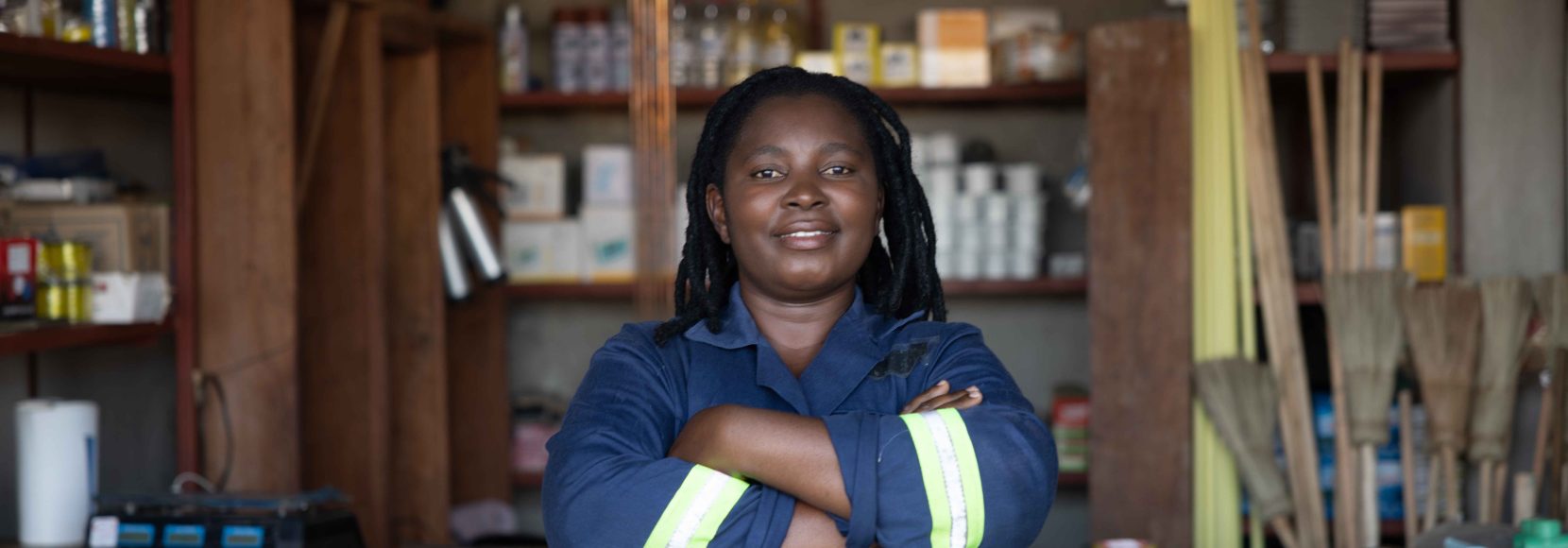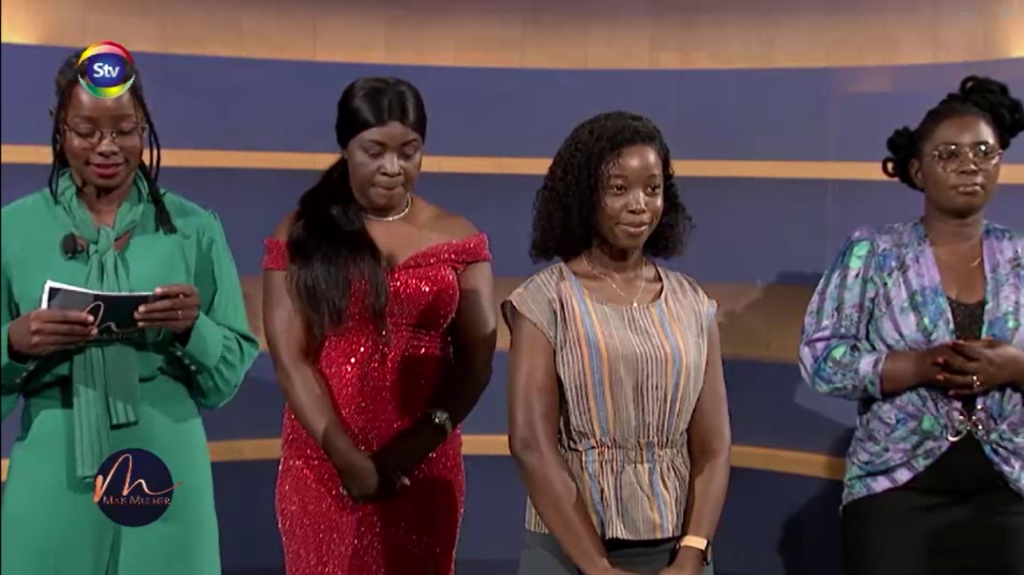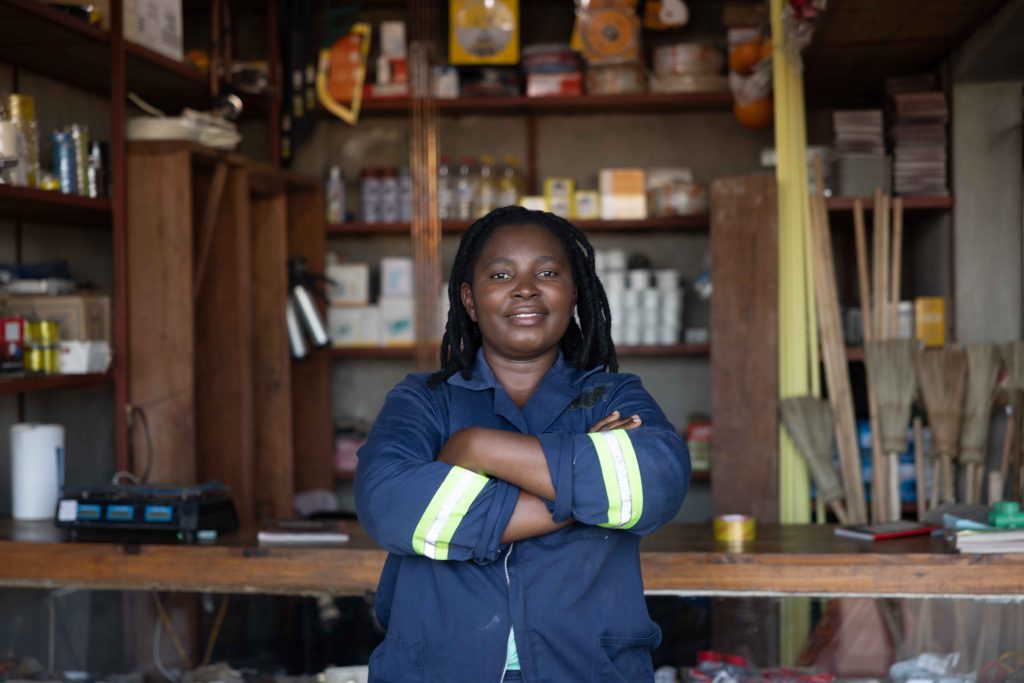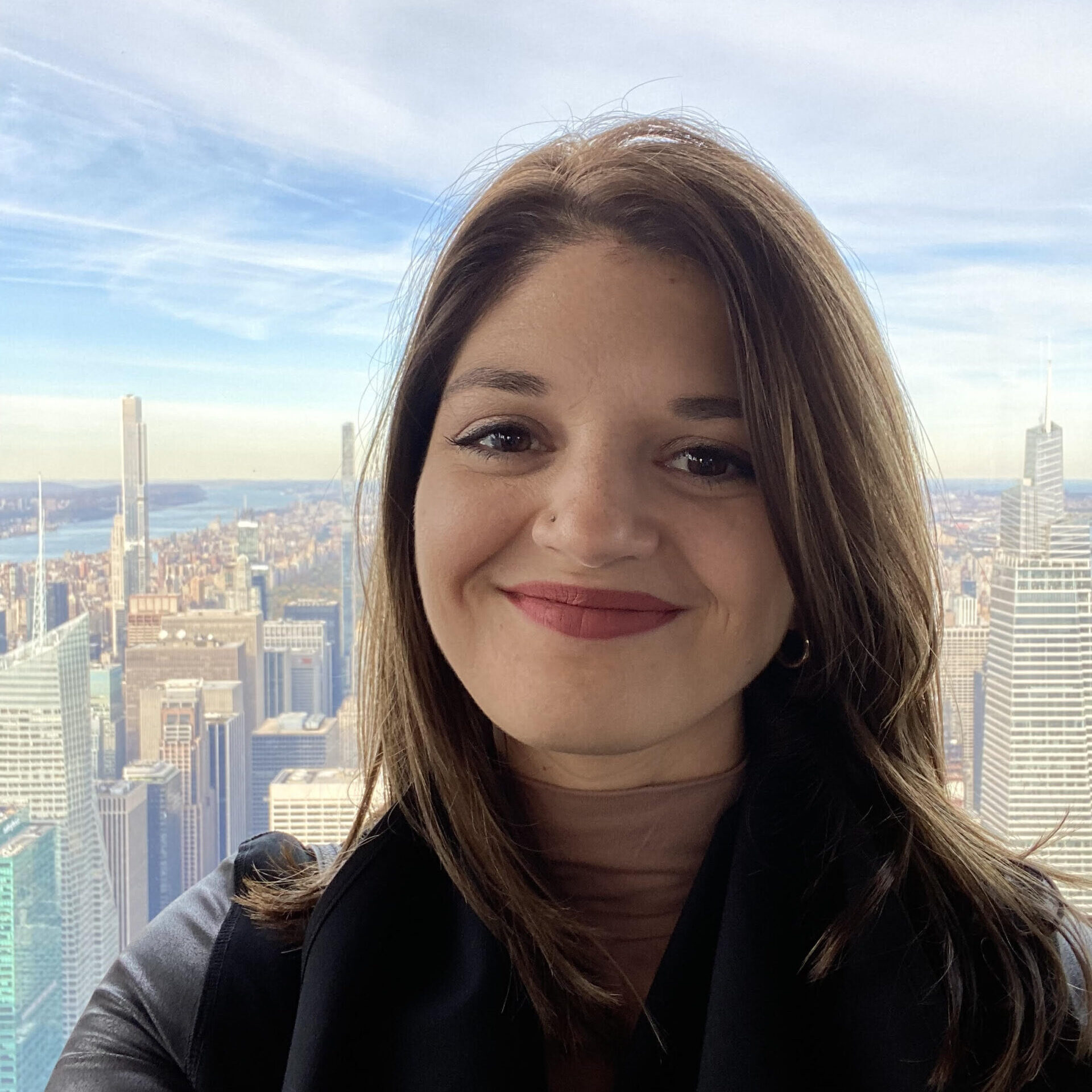
Reality TV Show Empowers Women Entrepreneurs in Mozambique
In a world where reality TV is often synonymous with drama and outlandish behavior, who knew it could be a tool to fight poverty? A TechnoServe program is using reality TV to equip women entrepreneurs in Mozambique with the skills and confidence they need to succeed.
A Reality TV Show with a Purpose
Last year, an estimated 100,000 viewers across Mozambique tuned into a new type of reality TV show each Sunday afternoon. Instead of watching participants bake cakes, find love, or race around the world, viewers followed a competition with a deeper impact.
Titled “Elas no Negócio” or “Women in Business,” each 30-minute episode was featured inside a longer show called “Mais Mulher,” or “More Woman.” It followed 10 female micro-entrepreneurs as they completed weekly challenges to improve their businesses. The show aimed to equip entrepreneurs with essential skills while shifting attitudes about gender and spreading business best practices to viewers.
Using Media to Confront Gender Norms
The show used a creative approach to tackle the deeply rooted issue of women’s income inequality in Mozambique. In an already difficult business landscape, women entrepreneurs face additional hurdles related to juggling family responsibilities, a lack of autonomy, and limited access to finance and information.
A 2021 TechnoServe survey showed that a significant number of male and female respondents believed that women could not run a business while managing a household and should pursue activities traditionally associated with their gender. Societal norms such as these lower the confidence of many aspiring female entrepreneurs and prevent them from even attempting to start a business.
The Women In Business (WIN) program created media programs like “Elas no Negócio” to change mindsets and pave the way for more women in business. The TV program was not the first gender-responsive programming created by WIN, but it was the first reality TV show. WIN is a five-year program implemented by TechnoServe and funded by the Embassy of Sweden in Mozambique.
TechnoServe created “Elas no Negócio” in partnership with FUNDASO, a Mozambican foundation belonging to Grupo SOICO and owner of a national TV channel called STV. For five years, FUNDASO has developed programming to empower Mozambicans with knowledge about entrepreneurship and sustainability.

Designing a Reality Show with Women in Mind
Though FUNDASO has extensive experience creating transformational TV programs, they have limited experience related to gender issues. Working with TechnoServe, the foundation developed an understanding of the needs of women viewers and the importance of catering to them as an audience. With that knowledge in place, TechnoServe helped FUNDASO develop a pitch letter to engage financiers and sponsors for the program.
TechnoServe and FUNDASO designed “Elas no Negócio” to entertain, inspire, and equip women entrepreneurs with business knowledge and skills. They selected 10 local micro-entrepreneurs and trained them in merchandising and financial management. As much as possible, they prioritized women with businesses that were not traditionally related to their gender, such as construction.
With support from Fundaso, TechnoServe created weekly challenges and criteria for evaluation. They designed challenges such as reorganizing their merchandise or creating a record book of their operations. On each airing of the show, local business leaders judged their progress and eliminated candidates.
The Winner: Otilia Pelembe

After four rounds of elimination, just three participants remained: Luisa Faquene, owner of a beauty salon; Adelia Arão-sale, who sells plastic items like buckets and basins; and Otilia Pelembe, owner of a hardware store. Ultimately, the judges chose Otilia Pelembe as the winner and recipient of 100,000 meticais ($1,565).
Over the two years of her business, the 36-year-old faced difficulties making her store visible and tracking her expenses and earnings. But when the show gave her the tools to make improvements, Otilia rose to the occasion. The judges chose her as the winner because she consistently approached each task with excellence. In a business typically run by men, she brought solid technical skills and a strong vision with a realistic plan for the future. After the show, Otilia dreams of expanding her business to new areas and diversifying her products.
“I feel accomplished because when I first lived in the city, I looked for a job and couldn’t find one,” she shared. “Today, I own a hardware store, and I have three employees. We have been helping to develop the Intaka neighborhood by building houses.”
The Impact on Viewers
Winner or not, each participant on the show benefited from life-changing training with a lasting impact on their businesses. However, the goal was to spread knowledge beyond the show contestants to the TV viewers at home. Catering to male and female viewers was important to the program’s success.
Since many married women do not have complete autonomy over the TV in their homes, it was important that men also found the program useful. The show gave business tips at the end of each episode related to the topic of the day, along with a quiz that viewers could answer by text. The hope was that men would watch the show with their wives, who would benefit from legitimate business advice. Ultimately, TechnoServe hoped the show would shift cultural perceptions among both men and women to see entrepreneurship as something that is possible and positive for women.

To amass a wide viewership among women, TechnoServe took into account the best time and place to air “Elas no Negócio ” for women micro-entrepreneurs. They chose Sunday afternoons, when most women would be free and at home, but aired the same episodes a few additional times during the week. The show was also available on mobile platforms. TechnoServe worked with STV, the second largest TV channel in Mozambique, to broadcast the show to an audience of nearly 100,000 microentrepreneurs or potential microentrepreneurs, 40% of whom were women.
TechnoServe measured audience and impact data through a contracted company when the show ended. The results were astounding. They discovered that of the total number who had watched the show, 20,146 women had access to new information or services as a result of the program; 10,181 women had adopted improved business practices; and 5,764 women had generally greater economic empowerment as a result of the show.
Moving Forward with Reality TV and Women’s Entrepreneurship
TechnoServe hopes “Elas no Negócio” will demonstrate to other TV channels that there is commercial interest in gender-sensitive entrepreneurship content and encourage the market to invest in content for women micro-entrepreneurs. TechnoServe helped FUNDASO develop a new pitch to convince other media players and potential financiers to sponsor subsequent seasons of the reality show.
They also created a case study to share with other TV channels that might be interested in creating their own show. TechnoServe hopes that by encouraging other companies to produce similar shows, more entrepreneurship content will be produced and broadcast, ultimately changing how the media works for women.
Related Articles:
- Women’s Economic Empowerment in Business: The Impact of Radio and TV Shows
- A “Radionovela” Role Model Inspires Women Entrepreneurs in Mozambique
- New App Features Help Women Across Mozambique to Control Their Own Savings
- How a Single Mother and Woman Entrepreneur Transformed her Income in Mozambique
Bethany Peevy Downie is a senior donor communications specialist at TechnoServe.






